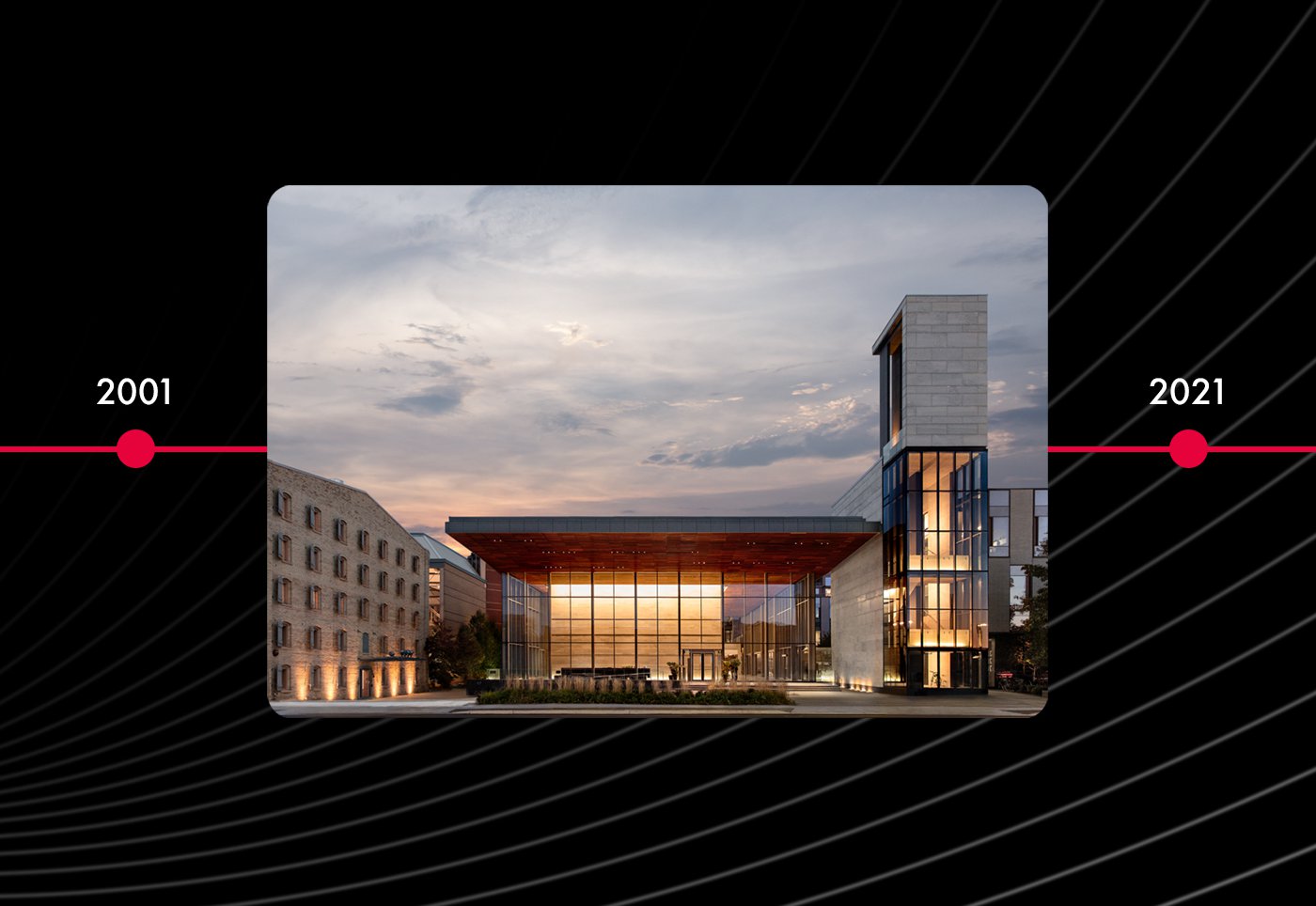
Shaping the enterprise of communication research in profound ways, these processes trace back to an early pivotal moment when the communication field elevated administrative research-especially its “limited effects” model-and turned away from more critical and structural analyses of commercial media. But it also stems more broadly from the field’s gradual depoliticization and its accommodation of capitalist logics vis-à-vis media institutions. Multiple factors have contributed to this intellectual disengagement, including definitional confusion, methodological shifts in research, and technological changes in media systems. Recalling a time when structural analyses were more central to the communication field-and considering why they receded-might offer insights as to why it was largely ill-prepared for recent crises afflicting news and information systems, from the proliferation of disinformation to the collapse of commercial journalism. One cause for this erasure, I argue, is that communication scholarship has for many decades largely avoided assailing the structural roots of misinformation in commercial media systems, especially problems pertaining to monopoly power, systemic racism, and capitalism’s effects on news and information systems. But curiously, a renewed focus on misinformation notwithstanding, even the general area of propaganda studies has waned since the field’s origins.

In the communication field’s earliest days, scholars devoted much attention to systemic problems, including propaganda-related issues.

Annenberg School for Communication, University of Pennsylvania, USA IMAGE BY 5187396 on PIXABAYĮarly depoliticization in the field of communication


 0 kommentar(er)
0 kommentar(er)
